Focusing …or staying with a felt sense … helps us to comprehend that which some part of ourselves is aware of, but that we don't yet fully know or understand.
Gene Gendlin’s Focusing is about listening to that place that is trying to tell us something ….
and being ready to be surprised.
MY APPROACH
Whether your goal is to resolve difficulties in a relationship; to work through a complicated decision; to overcome a life-long emotional, traumatic or personal problem; or to learn to be mindfully self-aware and self-accepting, we can work together to reach your goals – one insightful shift at a time. Compassionate, non-judgmental dialogue is where I will meet you and get to know you, your goals; and together we will decide on the most natural route for you to get to where you want to be,
Current trauma and brain-based research, and many of the great philosophers and spiritual leaders of our time tell us that through making contact with and getting to know our pain and suffering we are able to move beyond, or learn to live with it. And yet for most of us, avoidance and rejection of such suffering is our ‘normal’…and our primal and logical response.
Fortunately – whether this pain is based in anxiety, depression, fractured relationships, trauma, addiction, physical pain or anger – the greatest potential for personal growth and overcoming suffering is already within us. In a safe therapeutic environment, and with such internal, possibly unrecognized supports already in place, it becomes possible to make contact with past and/or current suffering… to recognize causes and conditions … and to reconcile and learn to live more fully and happily in our present.
This may involve bringing to light old patterns and beliefs about self and others; recognizing systemic causes and conditions; creating space for healing; renewing relationships; and coming to know ourselves with greater understanding, compassion and authenticity.
Because mental and emotional safety is of utmost concern, a therapeutic relationship needs trust, and a solid understanding of your needs, wants, and beliefs. And it takes work on both our parts – client and therapist. The therapeutic lens that I bring to our relationship is Trauma informed and influenced by humanistic systems (holistic & interdependent) approaches, mindfulness- based cognition, and respect for your culture and spiritual practises.
FOCUSING in a Therapeutic Setting
Focusing is something we all do naturally, but most of us don’t recognize or access the natural mechanisms available to us through our own embodied experience. In a therapeutic setting it is an experiential, embodied and evidence-based practice of supported self-reflection. During Focusing, our attention opens up to multiple layers and aspects of living. It’s called Focusing because it requires a special kind of “focus” to notice that which is not yet clear, that is fuzzy and vague yet implicit in how we interact with our situations, in our relationships, and in the environment. This fuzzy dimension of our primarily internal experience is called the “felt sense.” Focusing on the “felt sense” allows an in-depth clarification process to happen – In a Living Forward way.
NEUROFEEDBACK & Counselling
Coming to understand an individuals needs, and setting goals for therapy involves many factors . These may include personal history, attachments, trauma, family dynamics, impact of substances, mental and overall health, culture and spiritual beliefs, genetics and more. Recently, ‘more’ has come to include neuroscience and neuroplasticity. When self-regulation is an issue – such as with anxiety, sleep dysregulation, or other conditions, you might choose to begin counselling with neurofeedback in order to calm your central nervous system. In this way counselling can proceed with greater effect.
Neuroscience helps us understand how our brains control our physiology, our thinking, behaviour, and emotions, and how we respond to life events such as trauma, and substance misuse. Neuroplasticity refers to the brain’s ability to adapt and to change in response to our interactions with our physical, mental, emotional, and psychological environments.
Research has demonstrated that regular meditation positively impacts neuroplasticity and helps to manage mental health conditions such as anxiety and depression. Similar to meditation, neurofeedback trains the mind by repeated self-observation. Over time, the ‘observed’ mind learns to shift away from its own habitual mental patterns of discomfort.
One big difference between neurofeedback and meditation, is the rate at which self-observation occurs. In meditation, self-observation takes place moment-by-moment. NeurOptimal® Neurofeedback provides computer assisted self-monitoring at a rate of 256 times per second. Through interruptions in music set off by mathematical algorithms in the computer software, the central nervous system recognizes what it has just done, and learns to move away from patterns of discomfort. The process is completely non-invasive, non-directive, and is at least as relaxing as meditation.
Neurofeedback sessions, also known as BRAIN TRAINING may precede, or be integrated into counselling sessions, or stand on their own.

